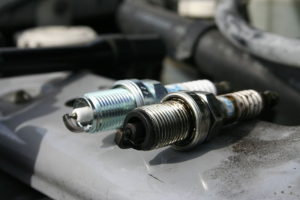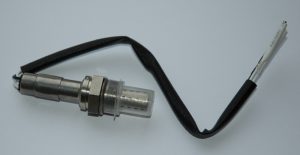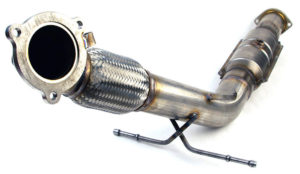
Are you constantly having issues with your car’s engine? One of the top reasons why your engine may be failing is because of the coolant system. This part of your vehicle works hard to prevent the engine from freezing or overheating. However, your coolant system may need a full inspection to ensure each part is working properly. To keep your engine in good shape, continue reading to find out which coolant parts need to be checked.
Heater and Radiator Hoses
In order for the coolant to move throughout the system, hoses are used to direct where the coolant needs to go. You can check on these hoses when the engine is cool. Some things to look for is cracking, fraying, or swelling. Also, make sure that the hoses are secured correctly. Any loose-fitting parts can have a major effect on the entire system.
Heater Core
The heater core allows for the cabin air to warm up when you have your engine running. It also helps the coolant lose heat before returning to the radiator to be cooled down. AutoZone suggests to “inspect for signs of leakage indicated by fluid around the heater core or wet spots on your carpet. Constant presence of fog on the inside of your windshield can also mean that your heater core needs replacing.”
Radiator Fluid
Your coolant reservoir needs to be filled with an even mixture of antifreeze and water to get the right amount of cool air. You can check to see if the radiator fluid needs a refill if it doesn’t reach the “full” line. To prevent damage to your coolant system, fill with antifreeze as needed. If you’re unsure about the fluid ratio, contact your local auto mechanic.
Conclusion
Your car’s engine depends on the coolant system, which allows for optimal performance when driving. If you’re running into complications with the engine or other parts of your vehicle, schedule an appointment at Mike’s Brake & Alignment Shop. Our mechanics ensure customer satisfaction with every service, so visit us today!








